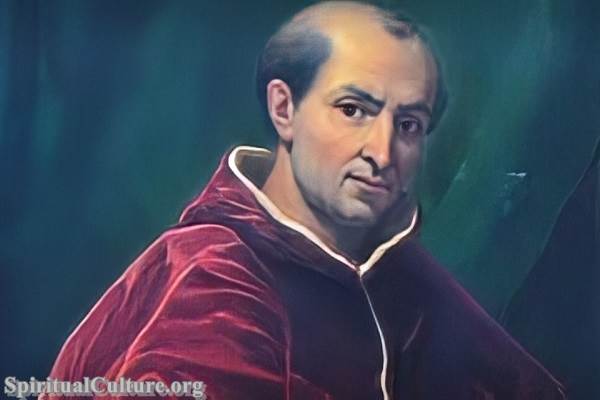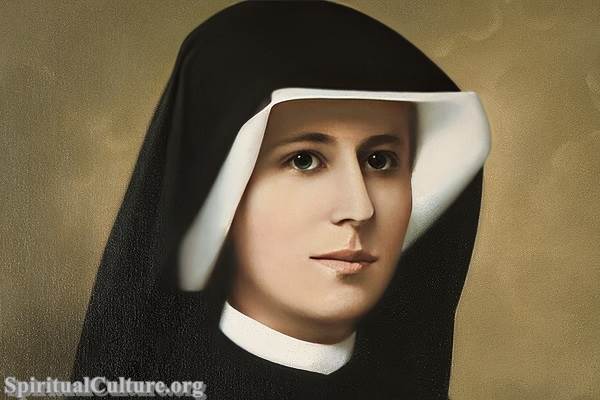Saint Ignatius of Loyola was a Spanish Basque Catholic priest, theologian, and the founder of the Society of Jesus, also known as the Jesuits. Saint Ignatius’s life and teachings have had a profound impact on Catholicism, shaping its course in a multitude of ways.
Saint Ignatius of Loyola: Early Life and Conversion
Born in 1491 in the Basque Country of northern Spain, Ignatius was the youngest of thirteen children in a noble family. He was initially drawn not to the religious life but to a career as a soldier. At the age of 30, however, his life took a dramatic turn. During the Battle of Pamplona in 1521, he was severely injured. While recuperating from his wounds, he underwent a profound spiritual conversion that fundamentally altered his path.
During his convalescence, Ignatius read a series of religious texts, including a life of Christ and a collection of lives of the saints. These readings ignited a deep spiritual passion within him, leading him to devote his life to God. He began to live a life of severe penance and prayer, often fasting and meditating for long hours.
Ignatius’s Spiritual Exercises and Foundation of the Jesuits
After his conversion, Ignatius travelled to Jerusalem, hoping to live there in solitude. However, when this plan was thwarted, he returned to Europe, where he began studying theology and Latin. During this time, he started writing what would become his most famous work, the Spiritual Exercises.
The Spiritual Exercises is a guidebook for spiritual development, outlining a series of prayers, meditations, and mental exercises. It remains a cornerstone of Ignatian spirituality and is used by people worldwide seeking to deepen their relationship with God.
In 1534, while studying in Paris, Ignatius gathered a small group of followers, including Francis Xavier and Peter Faber. This group would become the Society of Jesus, or the Jesuits, officially recognized by Pope Paul III in 1540. As the first Superior General of the Jesuits, Ignatius dedicated the order to “the greater glory of God” and the service of humanity.
Saint Ignatius of Loyola and Catholicism
Saint Ignatius of Loyola’s impact on Catholicism is profound. The Jesuit order he founded has played a significant role in the Catholic Church’s history, particularly during the Counter-Reformation. Jesuits became renowned as missionaries, educators, and scholars, spreading Catholic teachings worldwide and establishing schools and universities across the globe.
Moreover, Ignatian spirituality, with its emphasis on discernment, finding God in all things, and “contemplative in action,” has enriched the spiritual lives of countless Catholics and non-Catholics alike. Ignatius’s Spiritual Exercises continue to be a popular retreat format and spiritual practice, guiding individuals in their spiritual journey.
Saint Ignatius’s teachings also emphasize the importance of social justice, a concept that has greatly influenced Catholic social teaching. The Jesuits are known for their commitment to the poor and marginalized, reflecting Ignatius’s belief in a faith that does justice.
Conclusion
Saint Ignatius of Loyola, the soldier-turned-saint, has left an indelible mark on the Catholic Church. His teachings and the religious order he founded continue to shape Catholicism, influencing its spiritual practices, educational institutions, and commitment to social justice. Saint Ignatius’s life serves as a testament to the transformative power of faith, reminding us of the potential within each of us to change our lives and the world for the better. His legacy continues to inspire and guide us in our spiritual journeys, embodying the enduring vitality of the Catholic faith.



